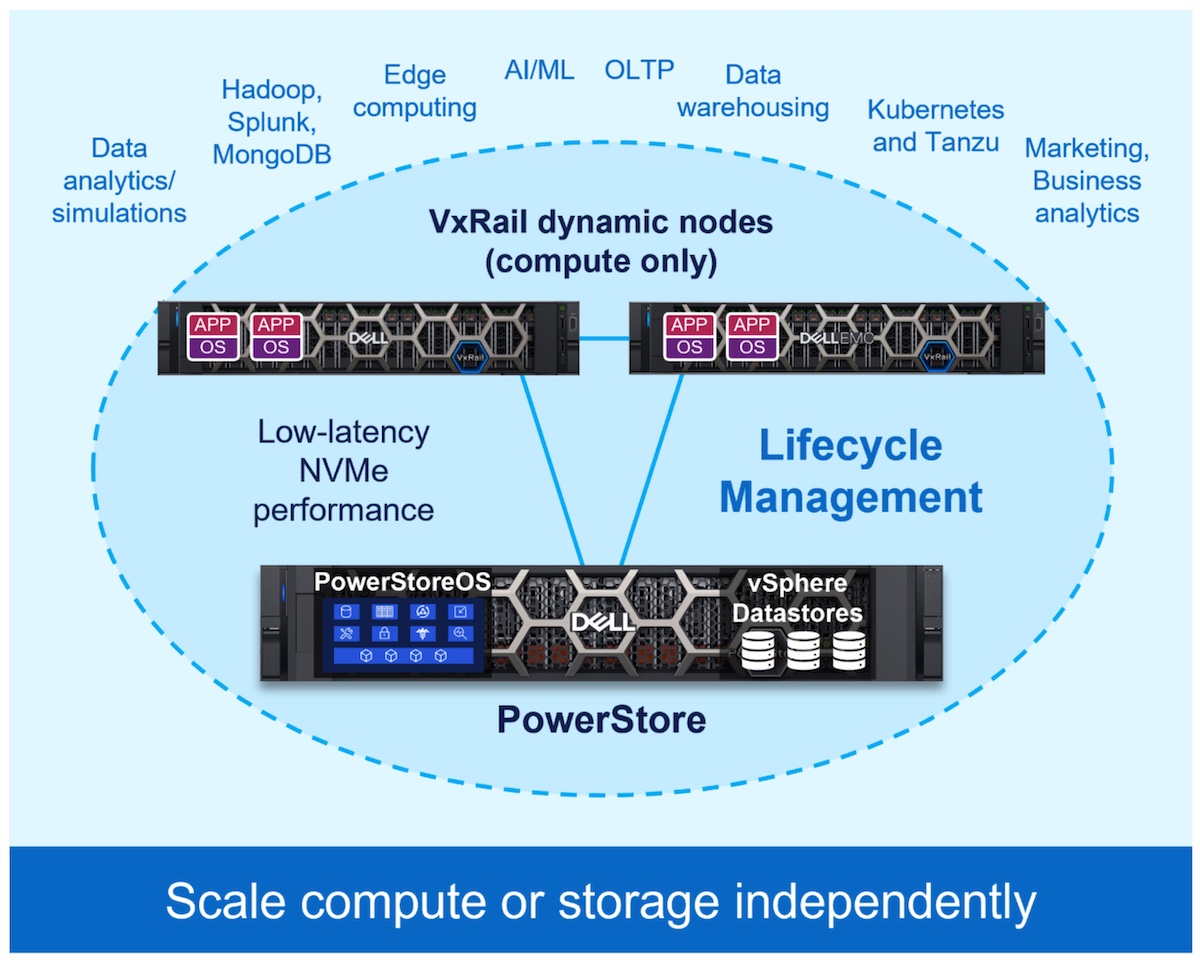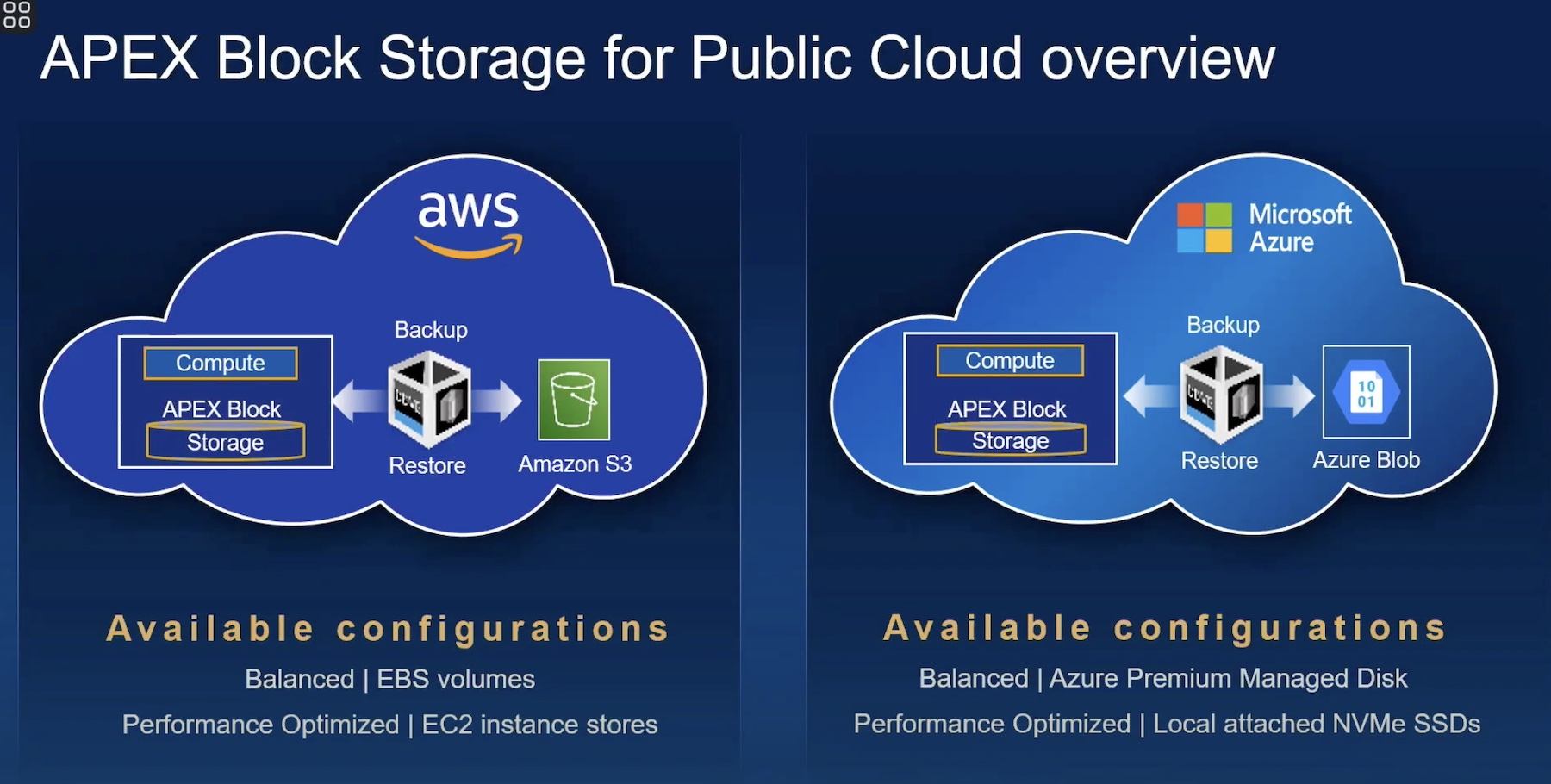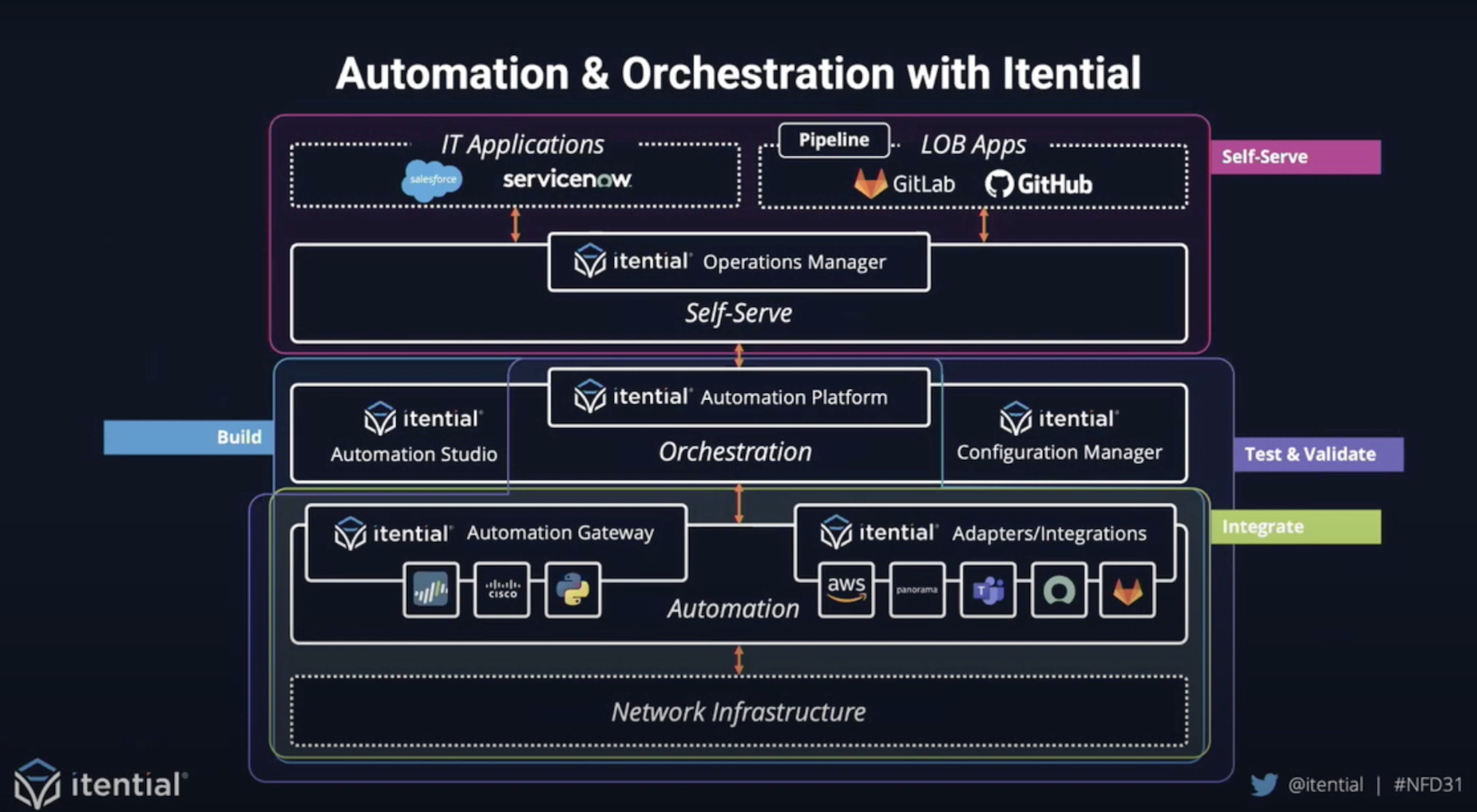The industry-wide trend toward self-service and away from manual provisioning has impacted nearly every infrastructure domain, including compute and networking. One of the last areas to be fully transformed or modernized, though, is that of enterprise storage. And this lack of, or resistance to, change represents a significant opportunity for storage vendors to innovate.
To assist customers with more broadly adopting storage automation, Dell Technologies has invested significantly in extending the capabilities of existing automation tools that can interface with their storage products. After all, it’s best to be ahead of an inevitable change than attempt to catch up later, and Dell appears to recognize this.
Automation is No Longer Optional – It’s Inevitable
Storage assets are some of the most valuable within an organization, and it’s easy to see why provisioning or management tasks that could potentially impact storage availability or performance have historically been subject to increased scrutiny. Rather than automate these tasks, many organizations have previously chosen to have these tasks performed or supervised by the watchful eye of a skilled storage administrator.
But as architecture becomes more hybrid in nature, and as automation tools and processes continue to improve, it’s becoming clear that a programmatic approach is the way of the future. Tasks pertaining to initial implementation and ongoing management should be implemented as code, whenever possible.
This way all tasks can be fully described, reviewed, and tested before they are put into production, just as with any other software product. The rate-limiting and error-prone nature of manual tasks should be removed from the equation.
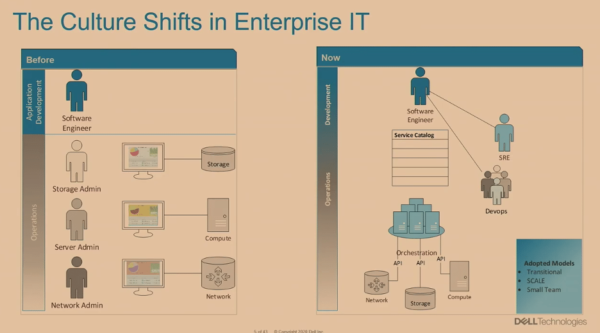
Dell Technologies PowerTools Simplifies Storage Automation
Recognizing the need for increased automation capability at the infrastructure layer, Dell has made all of the primary products within their Enterprise storage portfolio addressable programmatically. Rather than develop a proprietary storage-only automation solution, they have chosen to invest in the more broadly-useful solutions customers already use, like PowerShell, Ansible, and vRealize Orchestrator (vRO).
These “enablers”, as they are referred to by Dell, allow the customer to perform both initial implementation (Day 1) and ongoing management (Day 2) tasks using their toolset of choice. And by focusing on providing automation “building blocks” for common tasks like configuration, provisioning, host operations, and replication, customers are able to piece these together into automation workflows that meet their unique requirements.
After all, provisioning and management of storage is just one small piece of the overall goal for most customers. Most are looking to deploy applications for the benefit of the business, and the underlying infrastructure is just one piece that must be in place for this to happen. Existing automation tools like Ansible and vRO are how customers do this in reality, and choosing to embrace this approach was a smart choice by Dell.
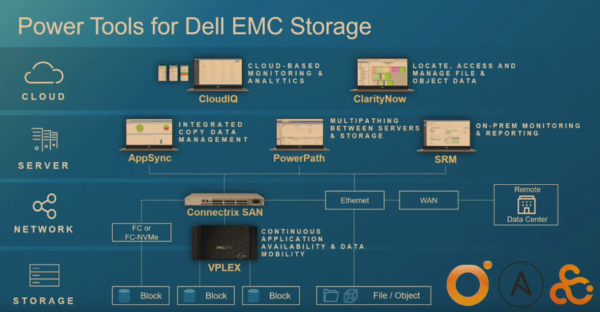
Conclusion
As a cloud-like, self-service experience for infrastructure consumers like the of software developers becomes expected, enterprise storage is under increased pressure to evolve. Slow, error-prone, manual storage tasks do not keep pace with the demands of these consumers or come close to meeting ease-of-use expectations that have been set by public cloud providers.
In addition, customers don’t need or want another single-vendor solution for managing the automation of one small piece of the infrastructure. They already have several mature ways of automating application and infrastructure tasks, like Ansible, PowerShell, and vRealize Orchestrator.
In response to these realities, Dell has been wise to not only embrace automation across their storage portfolio but choose to integrate with the toolsets their customers actually use. If Enterprise storage is to remain competitive moving forward, this is the type of approach that will be needed.
To hear more about Dell Technologies and their evolving storage automation capabilities, check out their presentation at Storage Field Day 19.


